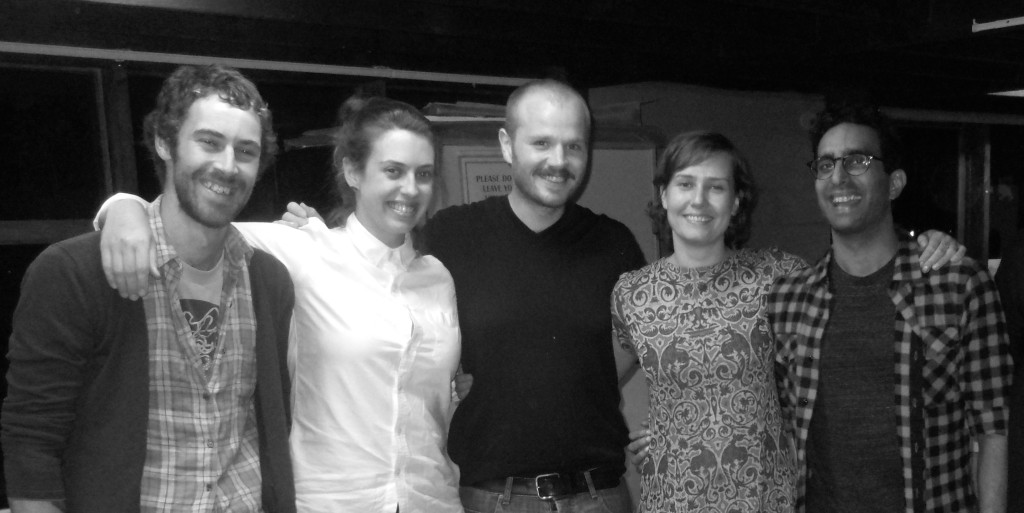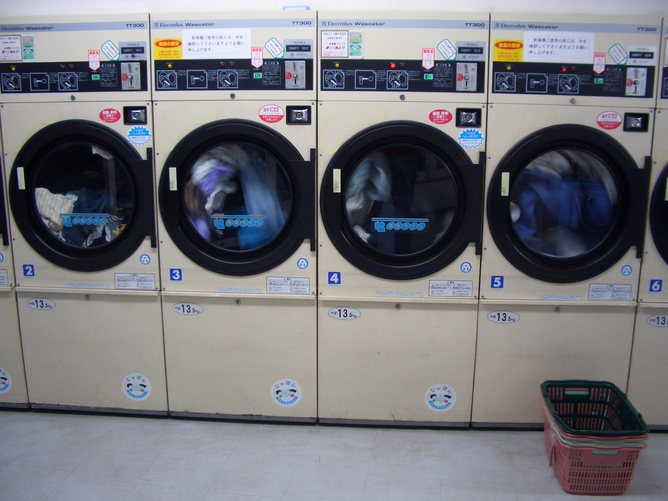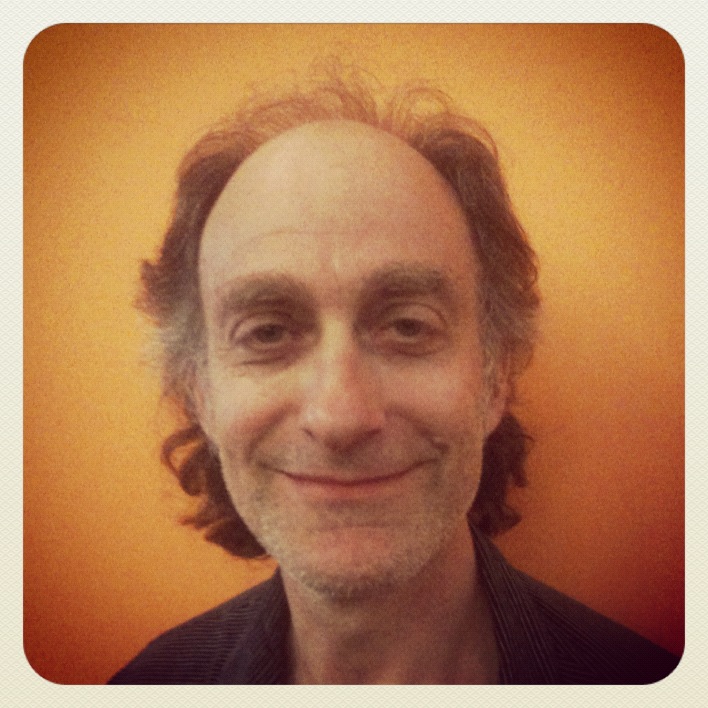Seeing the world how it ‘really is’ is one of the fundamental aims of any research. Physicists study how matter really exists, biologists how organisms really exist, and sociologists how societies really exist. Studying people and societies is uniquely challenging as any researcher-observer is also part of a society and so must share some (un)conscious assumptions with the society being studied, and so it’s impossible to be as objective about human societies as it is about something further from the self, like cells. Obviously it’s hard to be fully cognisant of the context that we live in.
Notwithstanding the difficulties of being objective, many researchers have had a go at describing societies how they ‘really are’. From Marx’s capitalism, through Simmel’s social structuring and Bourdieu’s cultural capital, social scientists have tried to explain what we do, and why we do it. In the pursuit of objectively understanding human interactions, social scientists have conducted some seriously unethical experiments over the years (see The Top 10 Evil Human Experiments). Thankfully this has resulted in rigorous ethical guidelines that researchers must consider as part of any research. Now, for researchers in my generation, participant sensitivity is a given.
So – I was doing some (ethics approved) research last weekend, working alongside an oral historian, who collects in-depth stories from people to understand how they see the world. I was struck by his sense of solidarity with his ‘informants’, his natural empathy was a boon for eliciting interesting thoughts from our participants. Chatting to him over a knock-off beer I was impressed by his generous world-view and his allowance of everyday agency; he sees people as meaningfully controlling their own lives. This was thrown into stark contrast this week reading Distinction. Bourdieu’s 1984 tome uses both large cultural surveys and interviews to make inferences about the French class system. Bourdieu is disparaging about people’s ability to make choices out of the context that they are socialised in, and is often candidly disdainful of his informants, but he is one of the most widely cited contemporary sociologists. This has made me think about how closely researchers work with people, and how empathy can make us assign more agency than is observable. Perhaps the unsympathetic lens is more objective?
I went back to read Nobody was Dirty and my last sentence is “Credit should be given to individuals’ ability to embrace awareness and reflexivity in the reproduction of consumption practices.” I am now wondering if I only said this because I like my participants and want them(us) to have consciousness of their(our) own actions.
Is there a way to see the world how it really is while still being human?





























